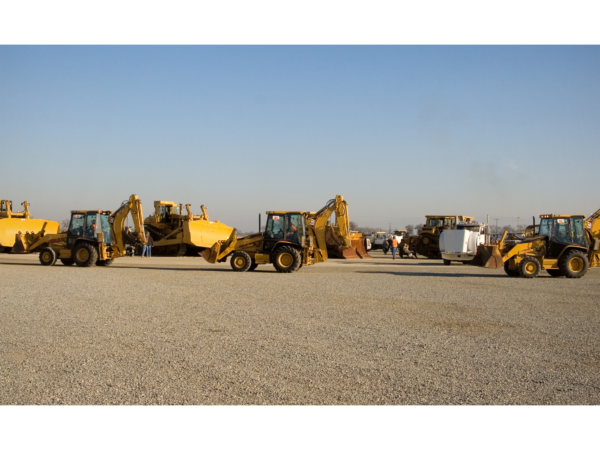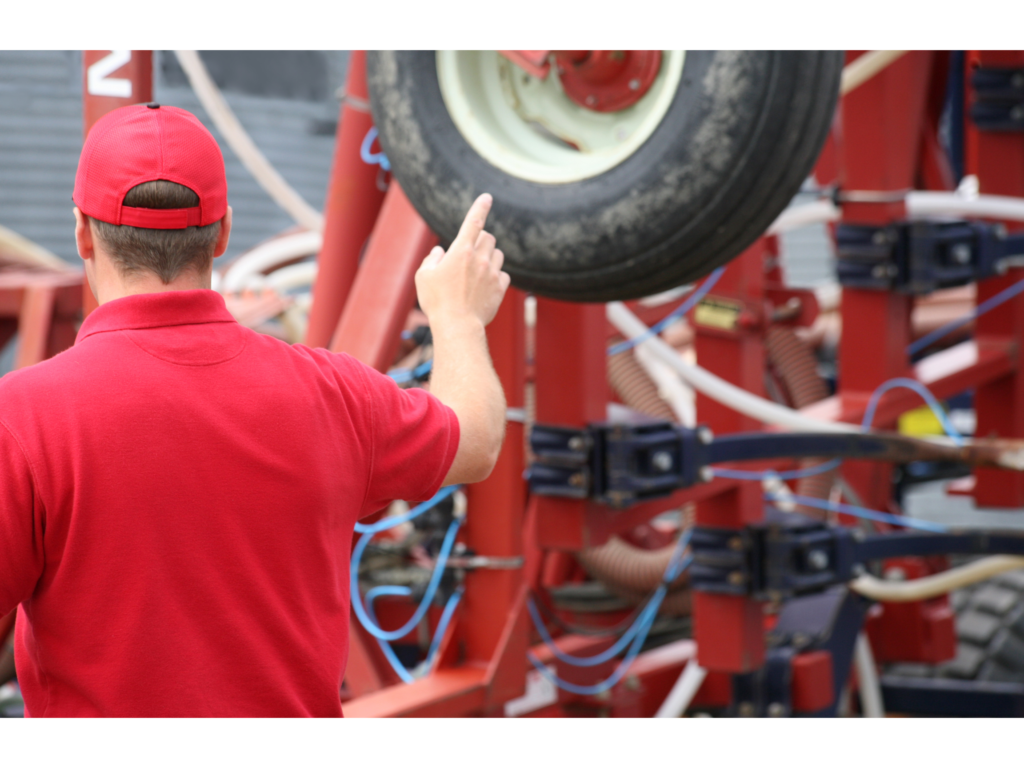How To Buy Heavy Equipment At Auctions
If you are wondering how to buy heavy equipment at auctions, whether it’s for agriculture or if it’s construction machinery, you’ll find this guide useful.
Why Buy Heavy Equipment At Auction?
Buying heavy equipment at auctions can be a great way to get needed equipment at fair value. Not only do you get great value, you can inspect the machinery prior to bidding. You’ll find a huge selection of equipment from many locations. And it’s even easier now with many auctions on-line. Typically the auctions will provide different ways to purchase and finance. Some of the best heavy equipment auction companies include Team Auctions, Weaver Auctions, Michener Allen, Municibid and Ritchie Bros. However, don’t bid at an auction without doing the proper research first.Tips For Heavy Equipment Buyers At Auctions.
Which Auction?
First, you need to find a heavy equipment auction scheduled to take place in the near future. Start with searching auctions that are close to you, since it will cost less to ship the equipment to you. Get a free instant quote for your load, here.
When?
You also need to make sure that the timing of the auction is compatible with your preferred equipment acquisition timeline. Heavy equipment auctions from a single auction company take place months apart. If you need equipment in a relatively short timeline, some auction companies won’t be an option. For the shortest auction sale turnaround, consider digital auctions.Online or Physical?
Digital auctions can function in the same manner as physical auctions but in a digital space; an item gets posted at an online auction for weeks, so people can peruse and research them. Bids are collected live on a scheduled date, so you must be present (online) at that specific time to bid on that machine. Other digital auctions use less traditional sales methods, such as posting a machine for short time, such as a two-week period. Bids are collected during the entire period the equipment is posted and the sale goes to the highest bidder at the end of the period. Once you have found an auction, look up or ask for the auction company’s equipment list / catalogue. Weeks ahead of a physical auction, auction companies publish a list or catalogue of equipment that will go up for auction. Read the list / catalogue to find heavy equipment of interest to you.Have a machine head
When we talk about machine head we mean once you’ve identified heavy equipment of interest to you, research as much about them. You want to learn as much as possible about that specific machine, as well as that model machine and its manufacturer.






